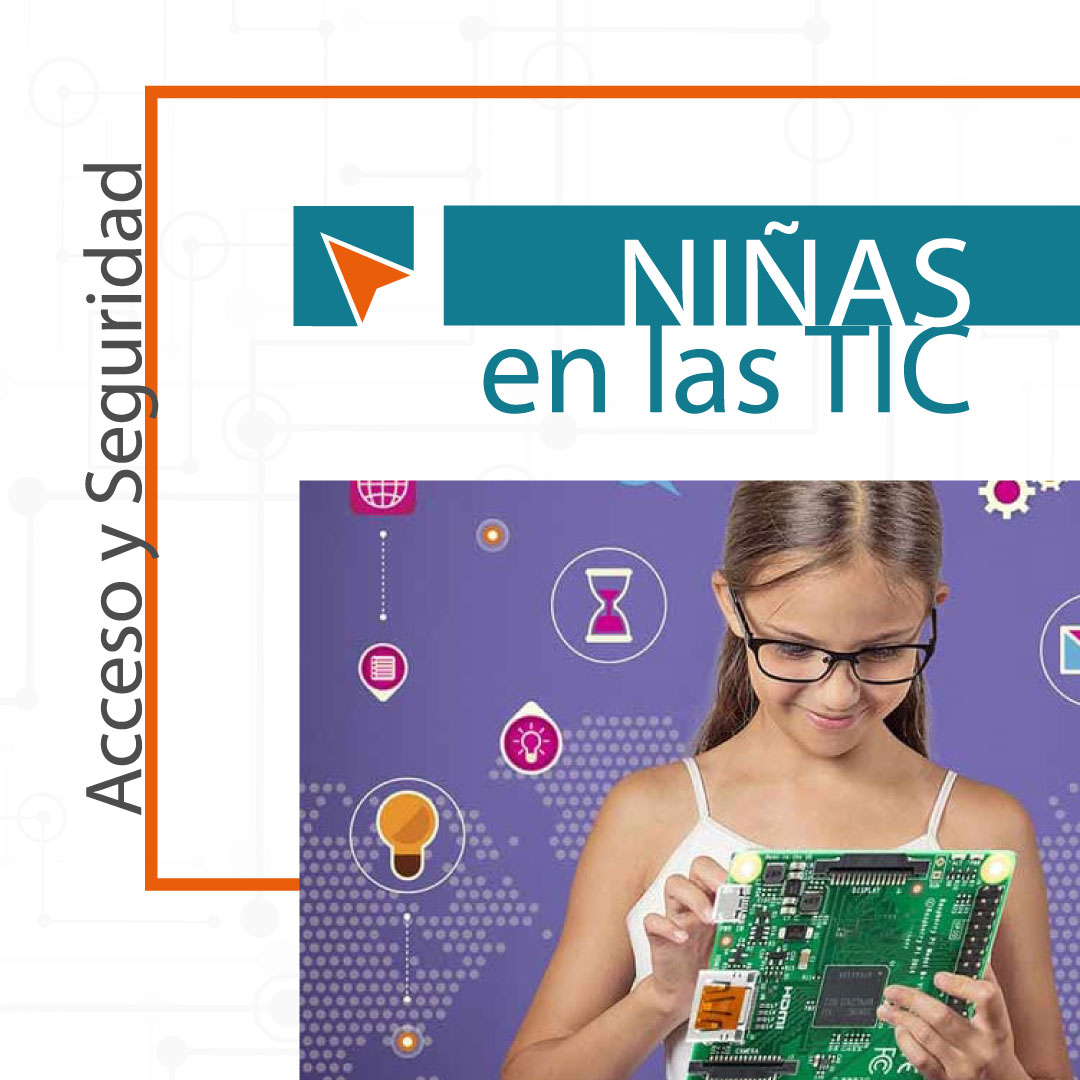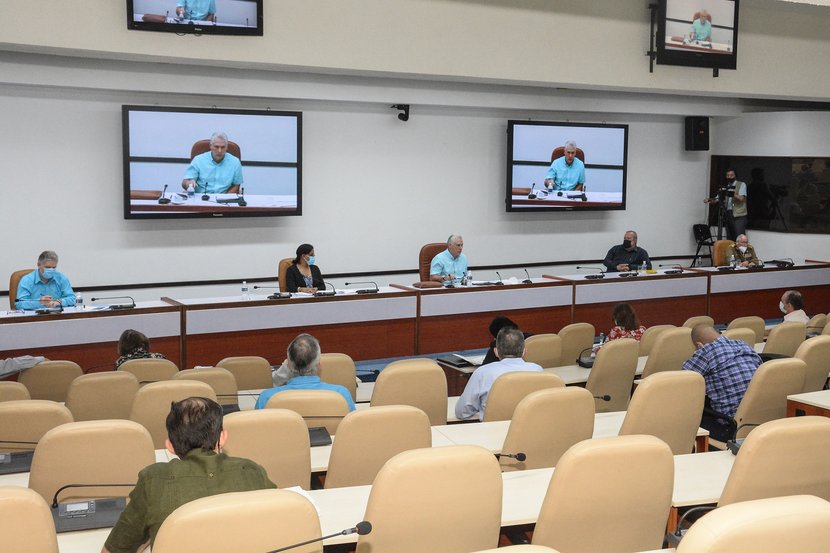18 April 2022
Industry 4.0 in Cuba: a necessary and constant path.
How to achieve the industrial transformation that Cuba needs, based on the use of new technologies, was the topic that focused the analysis of the most recent session of the National Innovation Council, headed by the First Secretary of the Central Committee of the Communist Party and President of the Republic, Miguel Díaz-Canel Bermúdez. In a context in which the world is moving more and more towards the adoption of digital technology and the progressive promotion of the automation of production processes, this advisory body of the Cuban State —oriented to recommend decisions to promote innovation in the functioning of the State , the Government, the economy and society in a coordinated and integrated manner—called attention to the importance of assuming and applying these concepts in the country.
The actions are based on what has been called Industry 4.0 —considered the fourth industrial revolution— that seeks to transform the company into an intelligent organization to achieve the best results.
The Cuban industry is also projected towards this path, which, taking into account its own characteristics and the objective economic limitations that persist, works to stimulate the emergence of new high-tech companies, as well as technological SMEs, based on the convergence between the business and academic sectors, and their production chains.
Precisely because the National Innovation Council is a platform for the discussion and exchange of ideas and perspectives between specialists from different sectors and thereby contribute to the vision of the nation, its most recent work session became the perfect setting to share and evaluate some of the actions that are already being carried out in the country to promote an advanced industry that is not left alone in the digital framework.
This topic of the advanced industry —explained Doctor of Science Agustín Lage Dávila, adviser to BioCubaFarma— is closely related to various organizations and also has a very direct link with the development of technical sciences. In this sense, he detailed some of the actions that are promoted as part of the project New technologies, advanced industrialization and international reintegration, which responds to one of the macro programs contained in the National Plan for Economic and Social Development until 2030.
We are called to reindustrialize the country, he emphasized, but not with the concept of the large physical structures that were built in the 1970s, but with this new type of industry, very marked by the use of enabling technologies —technologies that generate other technologies— , such as the connection of industrial machinery to the Internet through sensors; advanced telecommunications; the robotic; artificial intelligence; the processing of large masses of data (big data); nanotechnologies and others.
All of them, he added, have in common, among other elements, that they are less intensive in material resources and more intensive in knowledge; they blur the boundaries between the physical, digital and biological spheres of production; and make intensive use of information and telecommunications technologies. And for that transformation that the nation needs, he said, it is essential to cut several knots that could be hindering it, such as insufficient dynamics in the process of creating new technology-based companies; the limitation of financial protection devices; the management of state MSMEs and their operation under equal conditions; as well as the little capacity of insertion of our companies in the international scene.
"If we want to reindustrialize, we have to prepare the companies for this," said the prominent Cuban scientist.
ROADS THAT CUBA TRAVELS
Although Cuba still has a long way to go in pursuit of the industrial development it needs, and to assume more broadly the concepts that this so-called fourth industrial revolution brings with it, some of its companies are not sitting idly by.
Such is the case of the Electronics Group (GELECT), from which, according to its president, Vicente de la O Levi, some experiences have been developed with the use of these technologies and thus advances in the purpose of converting the company in an industry based on knowledge, where eight strategic lines of development stand out, such as energy efficiency, automation, robotics, medical electronics and others.
During the last two years —he assured— All our companies have been immersed in a constant investment process that has resulted in a wide range of products such as household appliances, medical equipment, scales and balances, computer and electronic devices and for the use of renewable energies. , among others.
After the challenges entailed by the urgent need to make better use of existing skills and talent, and to search for productions, products and services with greater added value, the President of GELECT agreed on the importance of boldly leading the transformation process of the industry that the country has proposed.
The road to industry 4.0 is necessary, mandatory and constant, he insisted. We have the base of talent that is fundamental, and as a group we are proposing to further computerize consumer items as the way to the internet of things, he said.
Closely linked to industry 4.0 is also the development of the software industry in Cuba. In this regard, Grisel Reyes León, Deputy Minister of Communications, considered that both are part of a single system, taking into account that software is the integrating element and support of the knowledge that is added to the processes.


